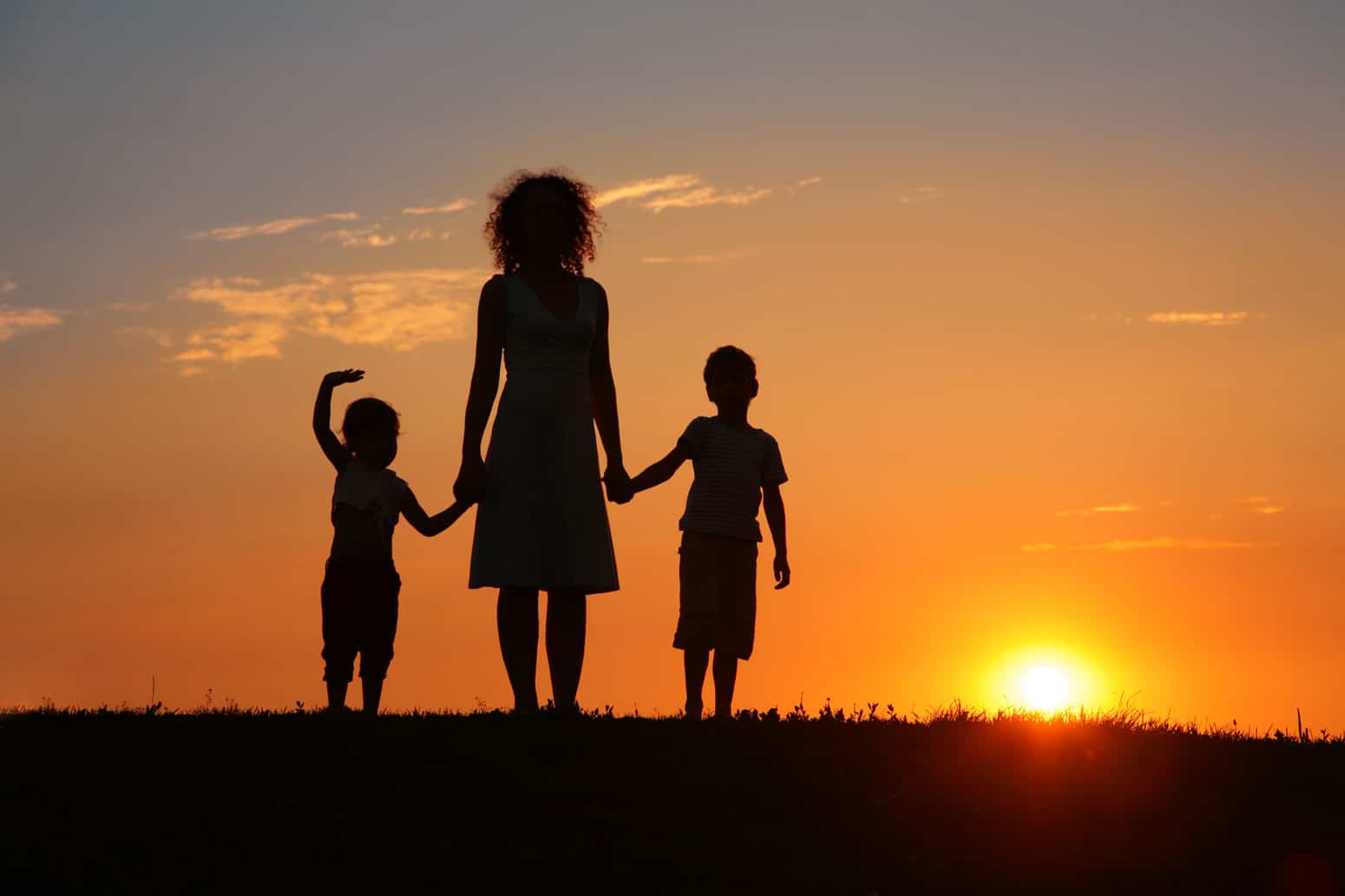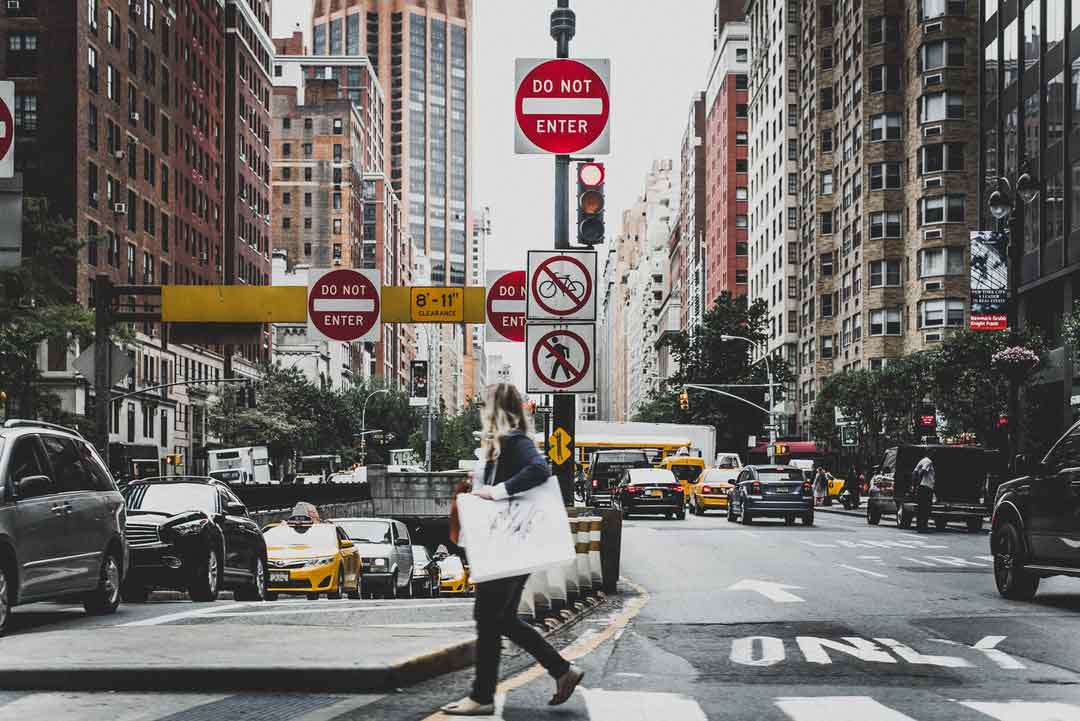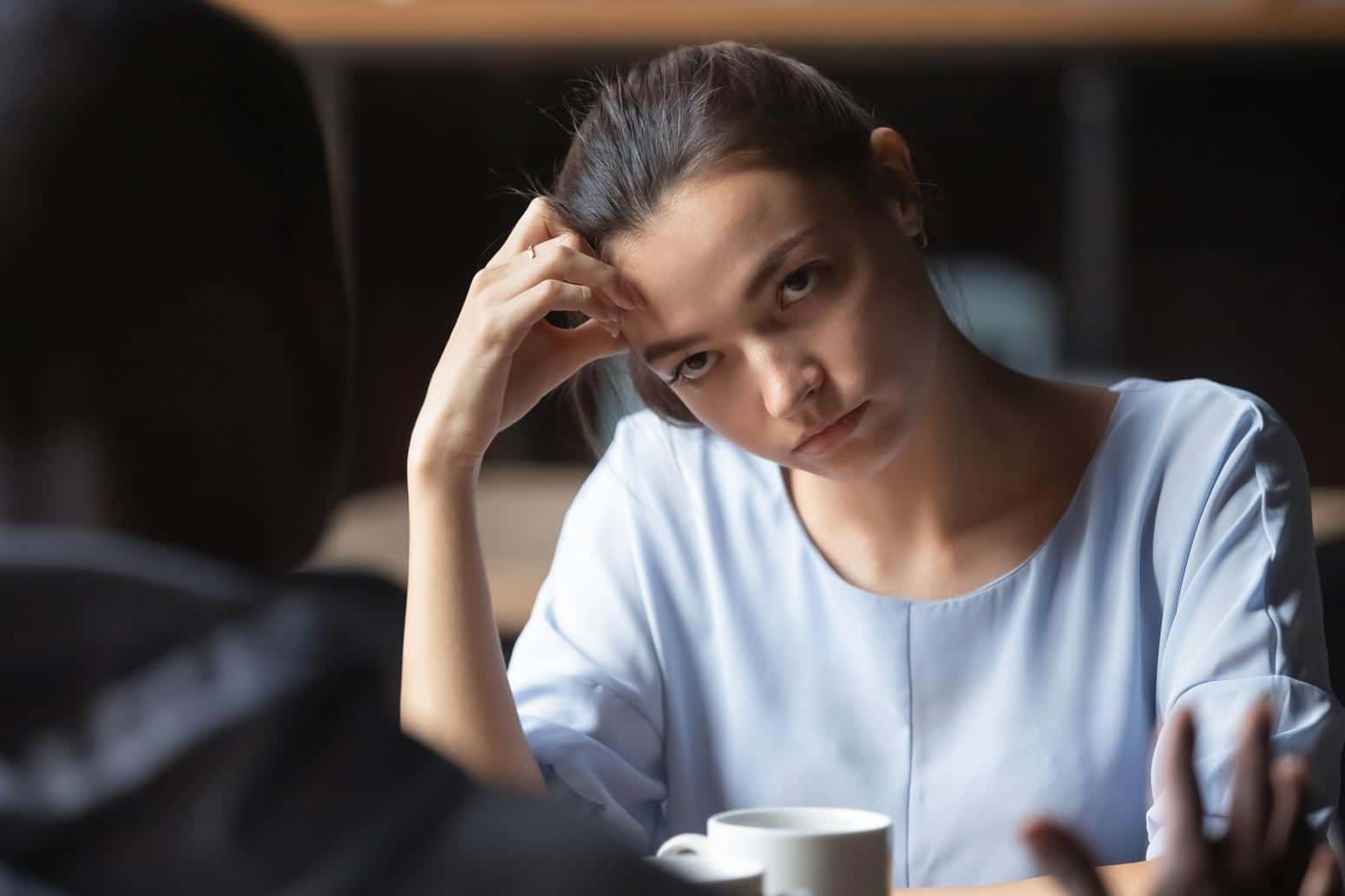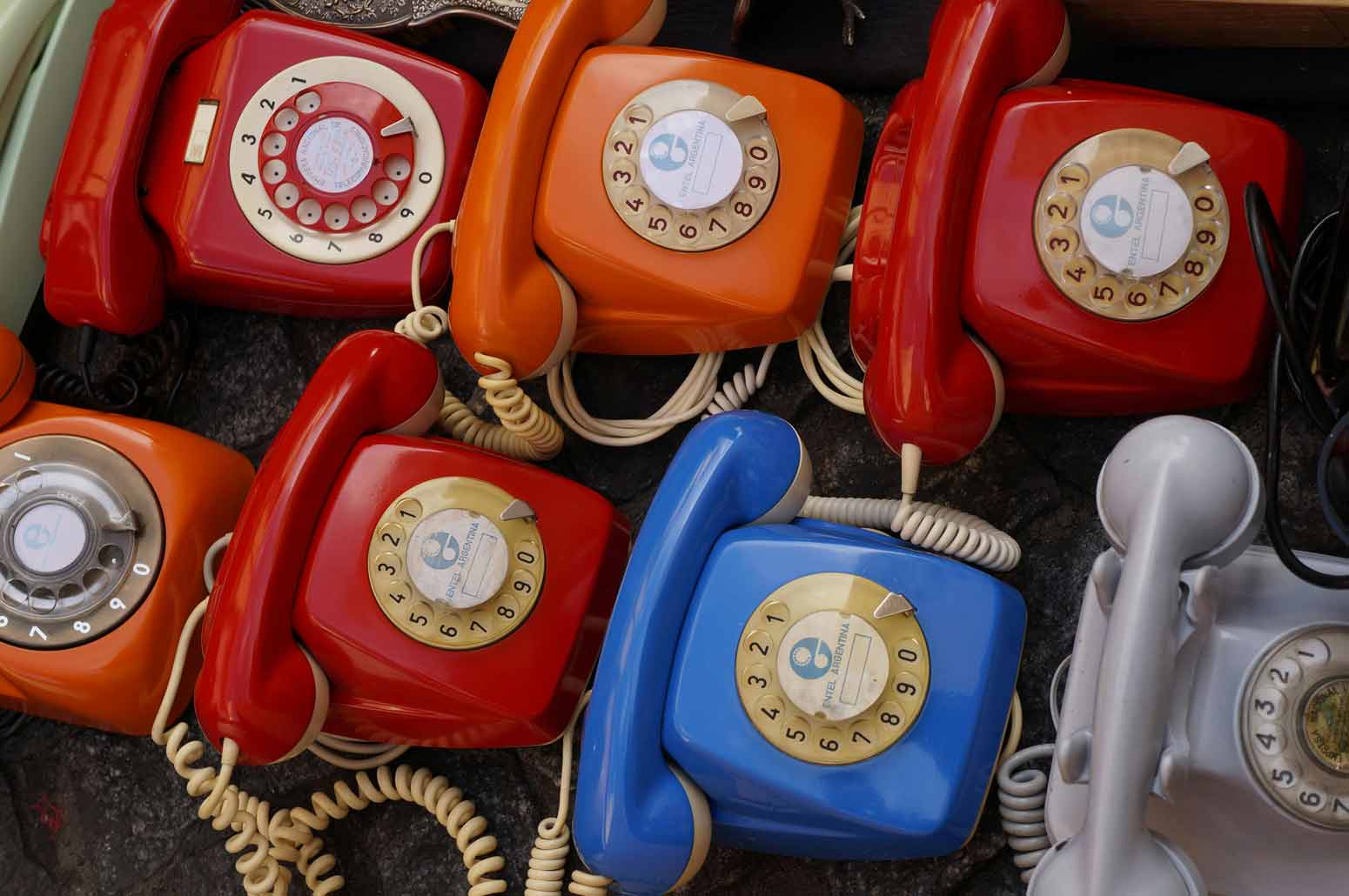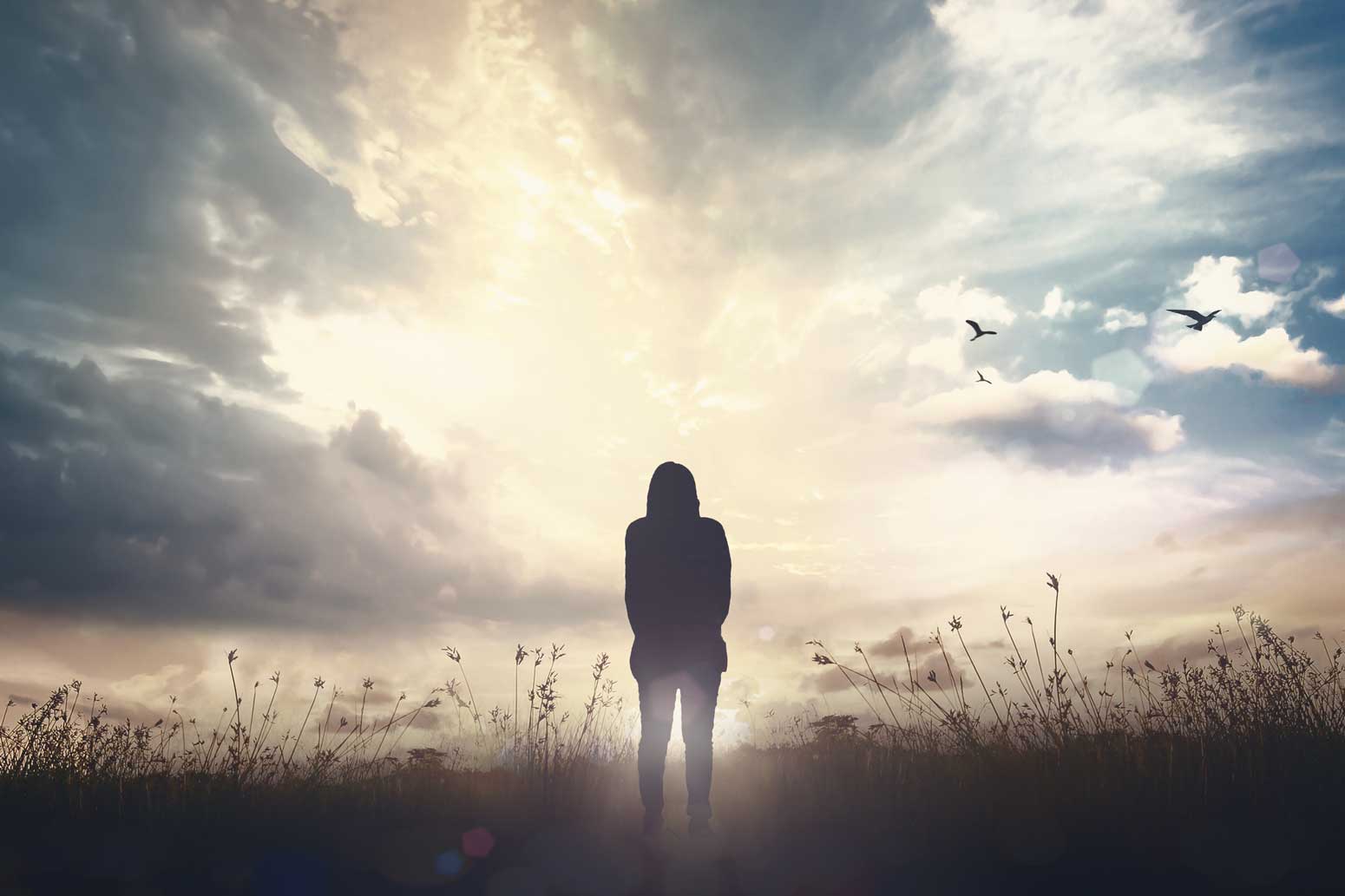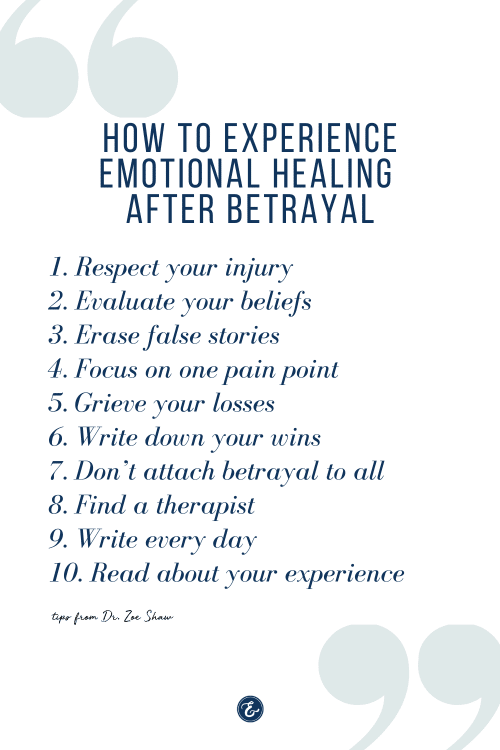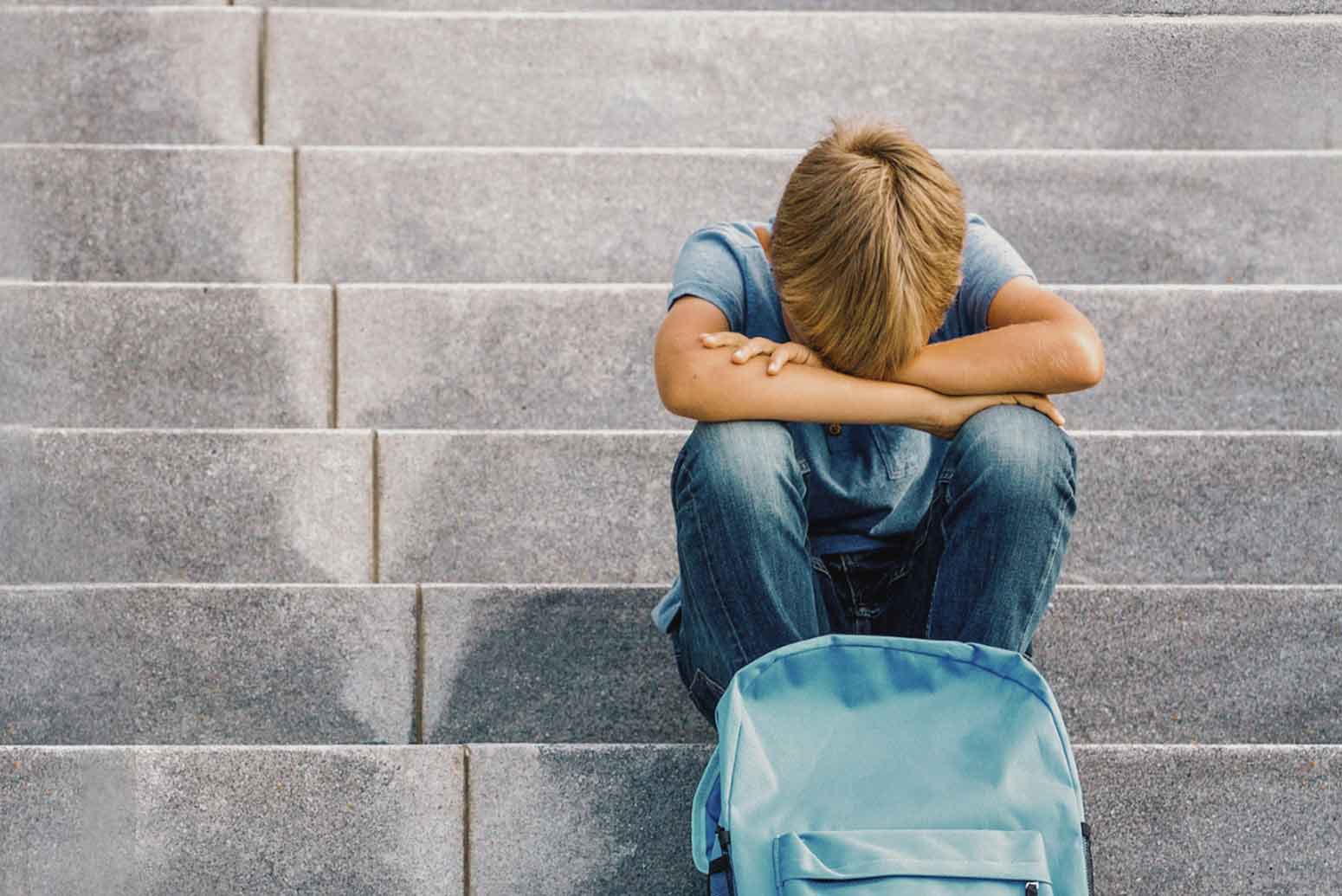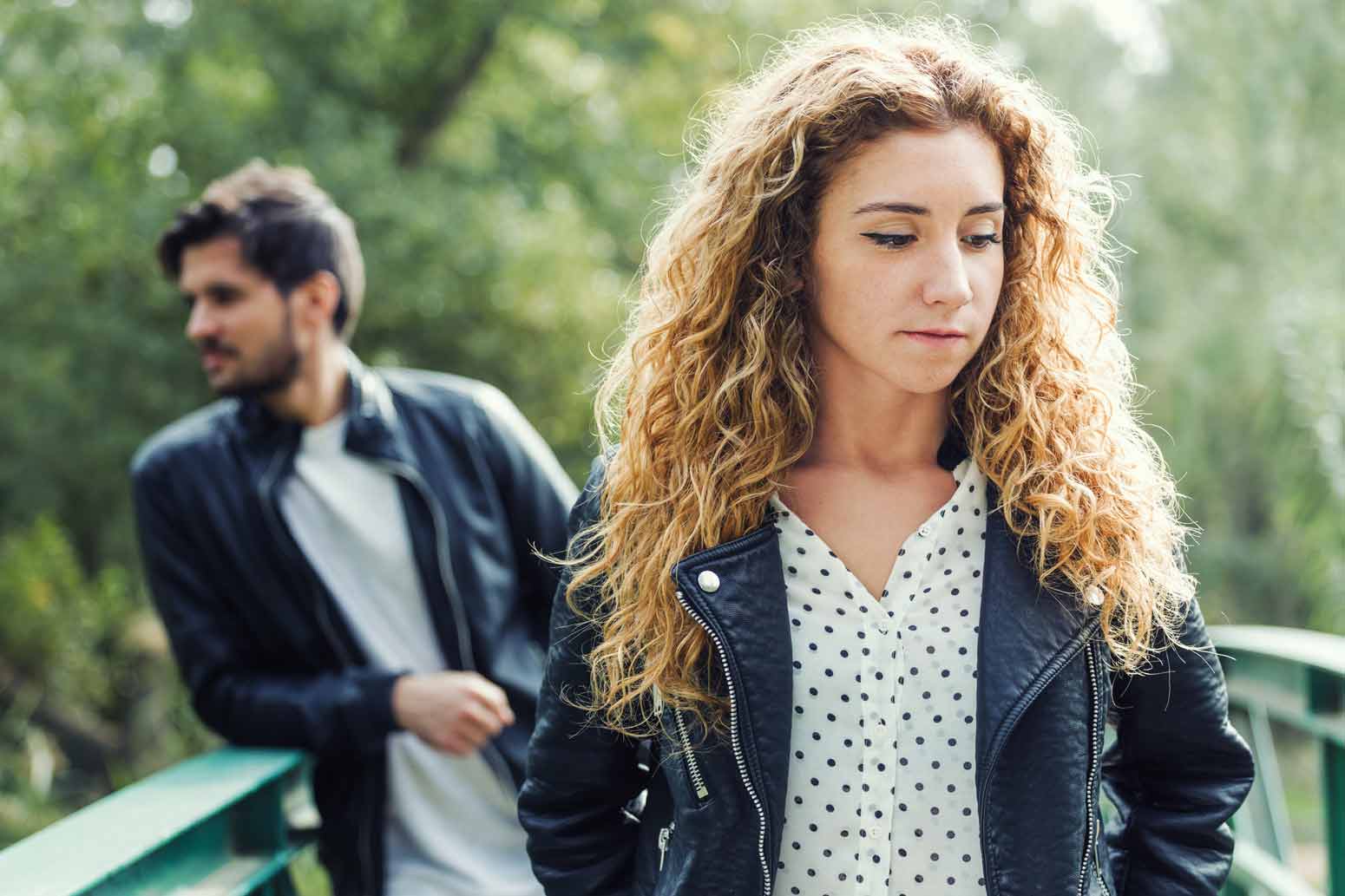What do you do when one of your best college friends moves to the beach? You round up the rest of the gang and head down to see her. This is just what we’ve done for the last several years, and it’s come in the nick of time for some whose lives are wearing thin.
While we’re often in touch with updates and prayers, getting together yearly at Fernandina Beach as we’ve just done last week is the highlight.
We spend evenings outside after supper, catching up as the sun goes down. One night, there was such an astonishing sunset, no one thought to snap a photo. We gaped instead. Later, when the moon rose and the clouds parted and the light that came down was an enormous spotlight on water, we grabbed phones to snap it.
It was such a welcome surprise, this moonlight that played peek-a-boo with the clouds, sometimes covered up, sometimes breaking out as we sat and watched.
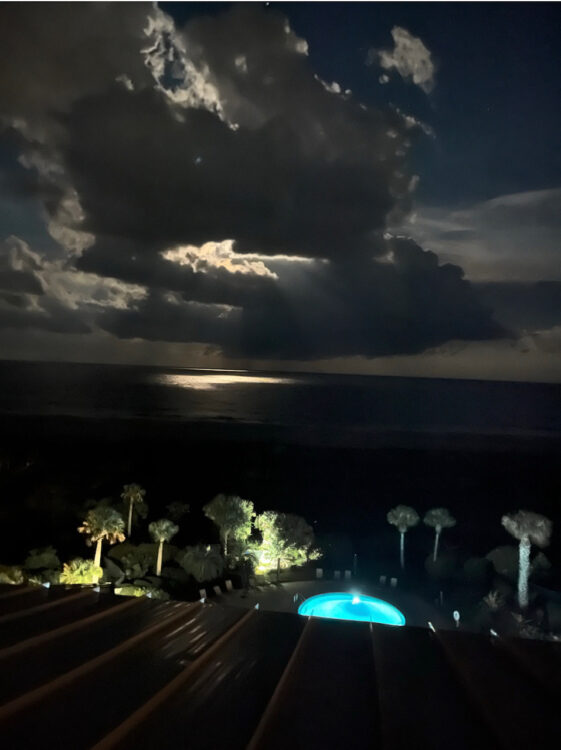
It felt like a command performance, as if the moon’s display was meant to be our own private, wide-screen entertainment, and we marveled over it from our balcony seats as we talked, gasping and exclaiming.
Sometimes silence broke into the conversation as the only appropriate applause.
We shared our crazy college years together, but the thing that’s brought us closest hasn’t been the zany antics of 20-year-olds— one of us helped in the caper that got a VW Beetle in our college’s entrance hall—or our child rearing fails or the inevitable empty nest feathering since. While there’s been plenty of common ground to talk about, it’s our mutual faith in Jesus that’s held us together.
Faith and Friends
So on the beach that afternoon, I was curious: “What about your life with your parents has pointed you to faith?” The stories we told were heartfelt and tender, and when Jan’s poured out, she had everyone riveted. While we knew some of the details, none of us knew them like this.
There was little to do afterwards except feel. Feet dug in the sand as we tried to make sense of it. Some of us were teary. “I’m stunned,” somebody said. “I had no idea.” After more than 45 years of friendship, we are still getting to know each other.
We’d wrapped it up afterwards and gone to dinner and were watching the moon’s tango over the waves later when Kathleen remembered, “Eve, you haven’t shared.”
The sunset and moon’s dance had already marked the day for me as magical, and Jan’s story must’ve been the grease that got my time machine turning. Whatever the reason, I was feeling the feels I’m normally oblivious to.
Recalling Painful Childhood Memories
When I was 4, I cut bangs an inch short on my forehead. After they grew out six months later, I did it again. My mother was mad and said I’d be spanked if I cut my hair one more time.
In those days, I wore my hair in a high ponytail with a rubber band. There were no covered bands then as there are now, so
when Mama took the ponytail down to wash my hair, the rubber band always tangled. She’d yank while I hollered.
One day I got the idea that if I cut the rubber band, it wouldn’t hurt when she pulled it. So I used scissors too big for me to manage. The band fell to the floor and a lot of hair landed on the table. My mother found it and was incensed by what looked like disobedience.
I got a spanking, of course, and while some of the details are hazy, one thing is crystal: I deserved it. I was certain. Despite the fact that when Mama found the rubber band on the floor beneath the table later and said how sorry she felt and how she knew I was simply trying to get rid of the rubber band, not cut my hair, the damage was already done.
Through my little girl eyes, it seemed very clear: I had cut my hair after Mama said not to. I had done what she forbade, and as far as I was concerned, a spanking was suitable. That much I understood. What I didn’t understand then was why she was so upset and sorry about it.
Guilty was stamped on my butchered, banged forehead. Guilty was my verdict. I was unsure ever after if I knew what truth was and what telling it meant, but I was sure I’d messed up badly, even when I didn’t mean to.
I’m not a psychologist so I don’t know the terms, but what feels true to me now as I look back at me then is that I disconnected from my own good opinion. And since I was unreliable, I began to depend on other people’s opinions.
As I told this little story, the wind kicked up on the balcony where we were sitting. I noticed my arms shaking, my whole body trembling, as if I were cold, but I wasn’t. A warm breeze was blowing. Something inside me seemed to be opening.
When I was 8, I overheard a fight between my parents one Saturday afternoon. My brothers were gone–one to college and
the other to golf–so I experienced the fight by myself for what felt like hours. Behind closed doors, I heard dishes breaking, dull thuds, Mama moaning. She tried to hide her black eye and bruises as she scrambled my eggs the next morning.
That evening after a strained supper, Daddy called me to his recliner. He was sitting in front of the TV, where he’d be glued until bedtime. He pulled me onto his lap, a place I never felt comfortable, and spoke seriously in his sonorous voice, “Eve, I’m sorry you had to hear what happened yesterday. I want you to know, I don’t always like your mother, but I’ll always love her.”
Even then, something clanged in my 8-year-old ears. “I’ll always love her” rang in my head as I brushed my teeth and said my prayers and hoped Daddy would go away and never come home again. Daddy’s voice went with me as I rode my bike to school next morning, said the Pledge of Allegiance at my desk, opened my book satchel, pulled out my spelling list.
My thinking went ’round and ’round and something like this: Mama was beat up because she wasn’t liked, so I must work very hard to be good so I’ll be liked, so I’ll be safe. If I’m very, very good, maybe I can keep Mama safe, too. If Mama was beat up even though she was loved, maybe I should stay away from love.
Maybe I should look for something else.
What is love? I had no idea.
But one thing was obvious–Daddy’s love was dangerous. I avoided him as much as possible. For the rest of my life until just before he died, I survived by taking a wide berth and never rocking the boat.
My parents took me to church when I was little, and I’m grateful. But it was their wounding me that drove me to Jesus to find my safe place.
Confession, Healing and Trusting Myself
My friends were quiet as I finished. Susie spoke first: “This makes sense of you for me.” Susie’s prayed me through some hard days over the past twelve years; she knows where all my bones are hidden. Mary Anna breathed, “Oh, honey,” as only she can do it.
My college roomie was speechless.
It was a holy moment to go into these memories with life-long friends and to feel their companionship and care for me there. I
felt stronger and braver. With their support, I finally understood what happened with adult eyes and ears.
I said what seemed obvious: “Well, I guess now I know why I try too hard, why I wake up feeling guilty, why I’m such a people-pleaser, why being right matters too much, why I’ve settled for being needed.”
That night as I drifted off to sleep, I told my little girl self what Mama should’ve said after the scissors incident: “You made a
mistake. You’re off the hook. I’m wiping guilty right off your face.”
And from my father after the fight: “I did an awful, unloving thing when I hit your mother. I’m going to ask for help so I never do it again. I hope you’ll forgive me.”
While remembering the past had always brought a fresh stab of pain, that night I felt my friends’ kind fellowship instead. I was astonished that I found freedom and healing after so many years.
The week before this trip, I’d had a hard talk with another friend. Their accusation had stuck with me, since I often depend on their opinion. But after this trip to the past with my BFFs, I trusted myself. “Nope. I don’t agree,” I said to myself. And I believed me.
“…confess your sins to each other and pray for each other so that you may be healed. The prayer of a righteous person is powerful and effective,” James 5:16.
—
If you’re struggling with pain from your past, you’re not alone. Author and speaker Elizabeth Bristol shares how she found healing in this podcast episode: How Do I Begin To Heal From Past Emotional Hurt? With Elizabeth Bristol -186

